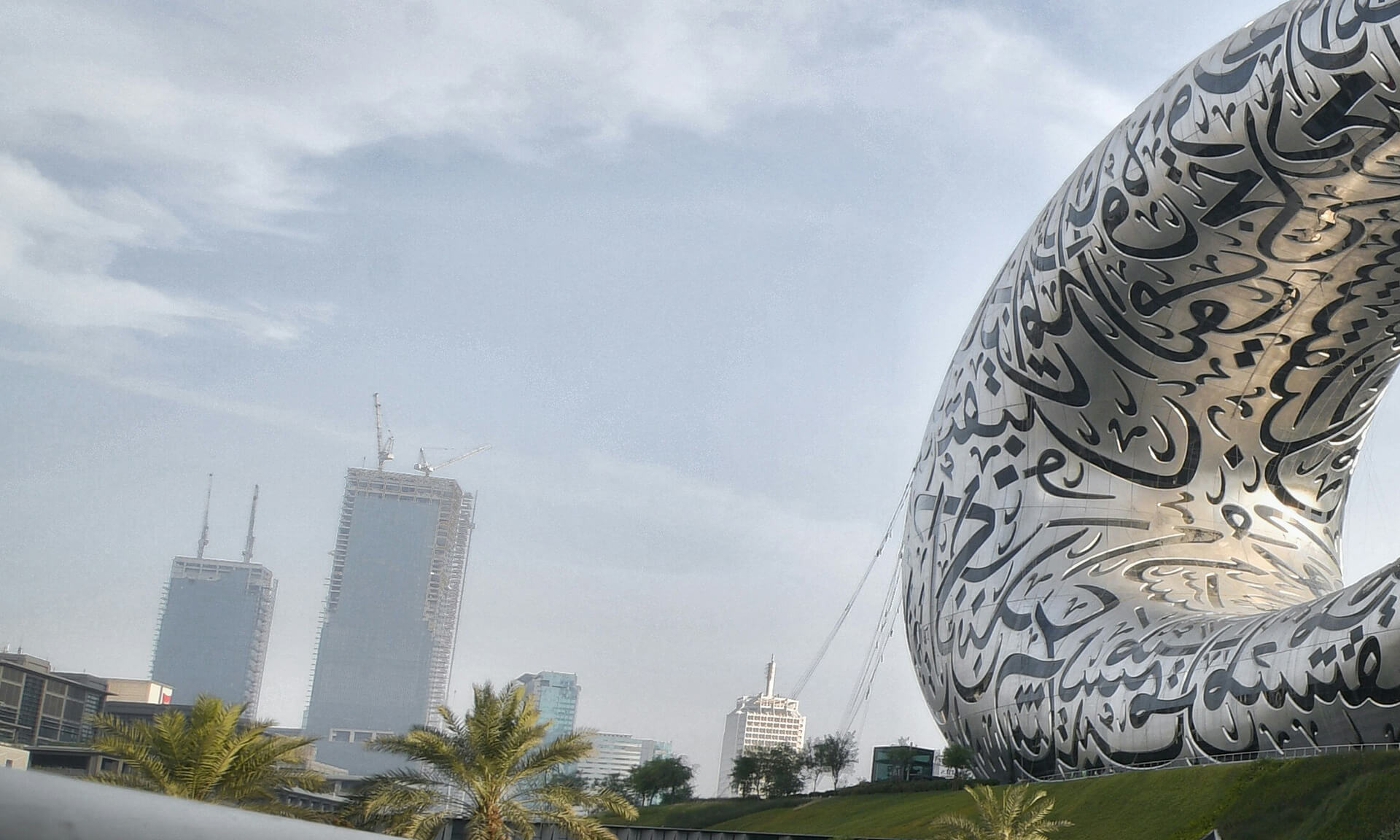On 18th September 2017, His Highness Shaikh Khalifa Bin Zayed Al Nahyan, the President of the UAE, issued Federal Decree No. 10 of 2017 amending the Civil Procedures Law, dispensed by Federal Law Number 11 of 1992 (the “Law”). It introduces the use of remote communication technologies, known as “e-Trials,” into civil proceedings in UAE. The Law will come into force six months after its publication in the official Gazette Law in 28th September 2017.
The newly introduced law aims to endorse the rule of law, ensure effective justice, provide for fast-track civil trials and to keep pace with progressive technological changes in the Civil Procedures Code. From the year 2018, there will be an allowance of video conferencing in civil court trials and the cases of labor, financial, contracting and intellectual property disputes. The UAE economy is keeping its rapid pace with the advancing technologies through the introduction of smart e-trials.
The UAE Ministry of Justice’s strategy is to launch four initiatives, whereby the year 2021, there will be an online dispute resolution mechanism. The UAE judicial system will see a ‘smart leap’ as it plans to conduct electronic trials (i.e., without real courtrooms), initiate video-conferencing during court hearings. There will also be real-time translations in court proceedings via a screen that will connect translators to secretaries of court and judges, and electronic mediation and conciliation services in criminal justice.
The court chief, the competent judge or the person authorized by the involved parties has the right to allow trial proceedings of the remote communication technologies, when it is considered necessary to do so, at every stage of civil proceedings to facilitate trial procedures.
All the electronic communication of a case will be treated as confidential and will not be published or copied without the permission of the court. The parties involved in the altercation can also request for physical hearings, and the court will give access to the physical hearings after a notifying the other party.
The electronic signature and electronic documents shall have the same authoritative effect as the signatures referred to in the provisions of the Law of Evidence in Civil and Commercial Transactions (Federal Law No. 10 of 1992) and Electronic Transactions and E-Commerce Law (Federal Law No. 1 of 2006).
The implication of this law:
The UAE economy will have an accelerated judicial system that allows video conferencing in seeking foreign legal assistance or using testimonies from overseas experts in foreign countries; by international agreements and treaties, the UAE has signed. The most feature of this law would be the introduction in Article 343 of a new system for accepting the submission of photocopied documents relating to the civil lawsuits that are held using remote communication technologies. The innovation here is that the opposing party cannot object to the presentation of these reports merely because they are photocopies and not originals unless they disagree on the validity of the papers or assert that they were not issued or related to the party attributed to them.
It is a powerful and significant step forward for the UAE economy in achieving speedy justice where all the assurances for a fair trial are being fulfilled and accomplished. This is also a cost-effective solution and will make court proceedings more accessible, well-organized and on par with best international law practices.






















 IMC Group
IMC Group